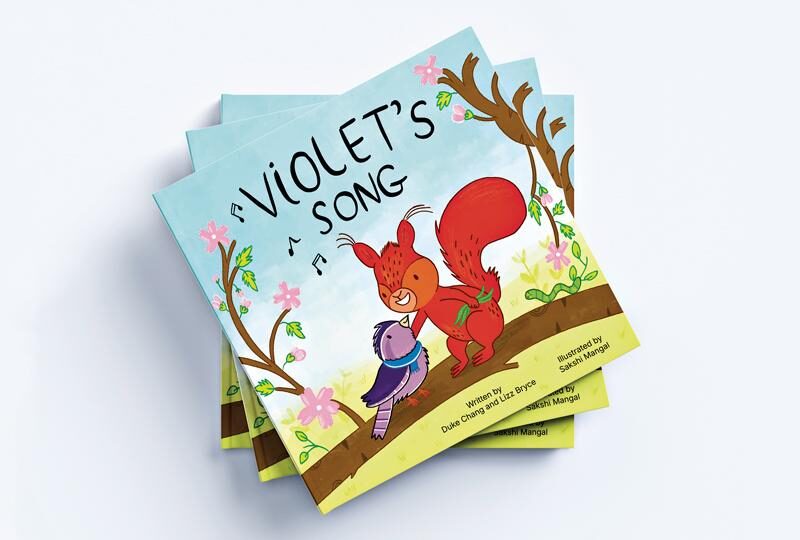Defusing the situation
Sometimes in our house relatively simple issues end up escalating far further than necessary.
Maybe you know what I mean. One kid accidentally bumps another. The one who gets bumped responds with a yell and a push. The one who gets pushed responds with a name and a shove. The parents steps between and says, “Now, you guys, be kind to each other.” The one kid says to the other, “Yeah, be kind!” The other kid says, “No, you be kind!” and gives another push. The parent says, “Okay, you guys need some time to sit and calm down.” The one kid says, “It wasn’t me.” The other kid says, “Nah, nah! You’re totally in trouble.” The one pushes the other again. The parent has to separate them. There’s shouting. There’s crying. All over an accidental bump in the hallway.
The most frustrating part for me is that my intervention in these situations often seems to exacerbate rather than defuse the situation. Rather than responding to my parental discipline, the kids merely use it as an added weapon in their argument with one another. Rather than take the opportunity to end the fight, they just try to convince me to take their side.
While I have no sure techniques for defusing these situations in every case, I have discovered something that seems to be working more often than not. Rather than intervening in the argument directly, I very calmly ask one (usually the younger) to come talk for a moment. I don’t yet mention the fight. If they mention it, I ignore the subject entirely. It’s only after I have them on their own, when I’m sure that we won’t be overheard by the other combatants, that I talk about the situation.
The result is that my parental input no longer has to compete with an ongoing argument. It can’t be used or manipulated to keep the fight going. I have the kid’s undivided attention. The kid has my undivided attention. We can work through the issue, determine what steps to take next, and regain control of ourselves. Then I go find the other kid and repeat the process.
As I’ve been doing this, I’ve realized that there’s an additional benefit to taking this approach. Sometimes it’s embarrassing for a kid to be disciplined in front of siblings. It’s harder for them to admit when they’re wrong, to take responsibility for their actions, when other kids are looking on (and probably smirking for good measure). Removing kids from the situation before disciplining them allows them to save face in front of their siblings and to feel more respected by the parent.
I’m not saying this will solve all your arguments, but it certainly may defuse some of those arguments before the escalate out of control.





